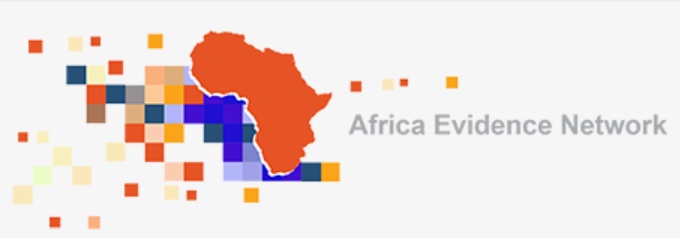
Twende Mbele launch at the 8th International African Evaluation Association conference in kampala, Uganda Photo credit: CLEAR- AA
Twende Mbele is an initiative that began in 2016, to build on the partnership forming between Benin, South Africa, and Uganda, to share experiences and collaborate in strengthening their monitoring and evaluation systems. It was launched at the 2017 meeting of the African Evaluation Association (Afrea), demonstrating the opportunity for synergy, and the growing momentum in building the evaluation sector in the region.
Through Twende Mbele, which means “moving forward together” in Swahili, collaborating countries and others are not only sharing tools and experiences, they are working together to build appropriate systems to improve performance. This has included activities like:
- diagnosing, and then working to strengthen the gender responsiveness of national monitoring and evaluation systems in Benin, Uganda, and South Africa
- training parliaments on strategies to use evidence in oversight
- building stronger tools for assessing management performance
Twende Mbele was launched at Afrea in Kampala, and supported a stream of research at the conference that focused on government evaluation systems. To lay the foundation for this, there was a country consultation report which brought together overviews from 12 countries of the state of M&E systems in each country. Representatives discussed progress, challenges, and possible areas for peer support. There was widespread recognition that governments are gaining great traction in institutionalizing M&E, but they are also facing a diversity of challenges in building on this momentum. These challenges range from issues of technical capacity to an immature enabling environment, and from a weakly established culture of results based management to insufficient evaluation capacity development institutions.
A range of suggestions came out to address the issues raised. Twende Mbele, participating organizations, and individual governments present will all be working on strengthening channels to develop and institutionalize national evaluation policies, to build technical capacity for evaluation, to share experiences for strengthening data quality, and more.
At the Afrea conference, Twende Mbele jointly hosted a stream entitled “The Role of Government in Evaluating the Sustainable Development Goals.” The papers presented illustrated the opportunities presented by the SDGs to strengthen evaluation practice. However, they also highlighted the challenges faced by the public sector in evaluating transformative change, and the range of constraints, from technical to political, in taking full advantage of the opportunity. There was a widespread recognition of the value of peer learning to ensure the SDGs reflect an African context, and that the tools for measuring context are appropriate. There was also a call for a strengthening of multi-stakeholder approaches, and stronger collaboration to ensure that supply and demand for evaluation in the region are better matched. DPME subsequently reflected on the results of this stream for South Africa in an Eval Café organized by SAMEA and the HSRC.
CLEAR-AA is working with the government heads of monitoring and evaluation to ensure that practice is informed by cutting-edge research, and that lessons that are being learned through Twende Mbele are being captured, and informing capacity development initiatives in the region. This includes facilitating the development and application of tools that will help us better define and understand monitoring and evaluation systems. To do this, we are building on collaborative work CLEAR has recently done to theorise monitoring and evaluation capacity development methods in the region, as demonstrated in the recent special edition of the African Evaluation Journal.
As we look at the year ahead, Twende Mbele has a number of exciting activities coming up. This includes:
- A survey on the state of management performance culture in the collaborating countries
- A study on the supply of evaluators in the region, which will build on the recently created AFRED database on both evaluations conducted, and academic articles in the region over the last decade.
- Online courses and tools for the use of evidence in oversight, and
- Collaborative curriculum development, which will begin with CLEAR’s Winterschool
Monitoring and evaluation practitioners across the region are struggling with the fact that the tools, systems, and approaches to monitoring and evaluation have largely been created in a very different context of management and governance. Decades of implementation have demonstrated that they are not always appropriate to an African context. However, huge strides have been taken in the last decade to build regionally effective approaches. Peer learning, collaboration, and network development is offering a way of expanding appropriate tools and methods in the region, and making sure that good practices are captured by the growing systems in the region.